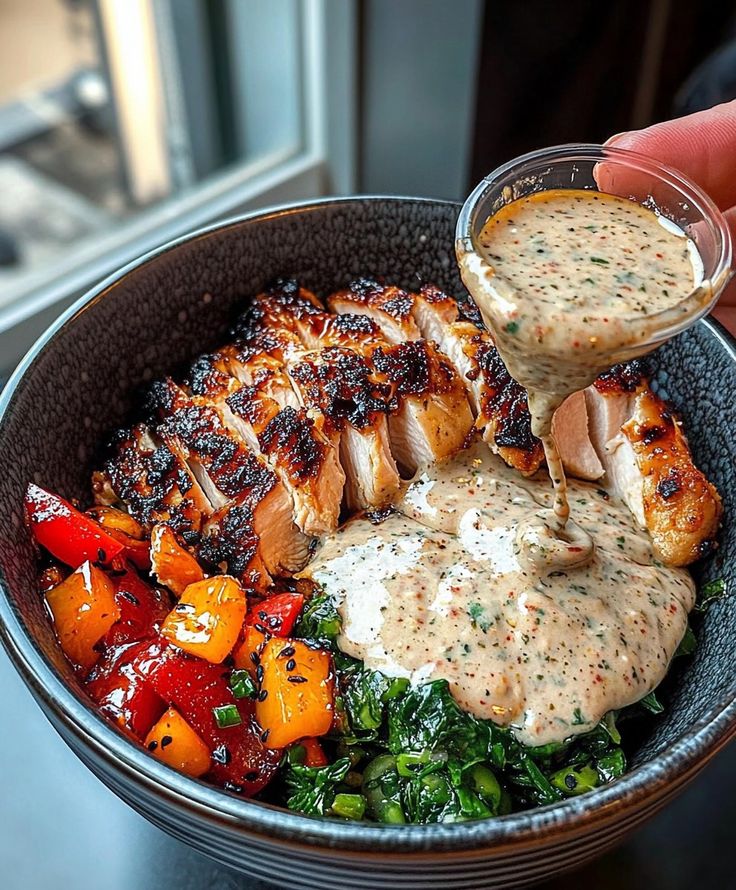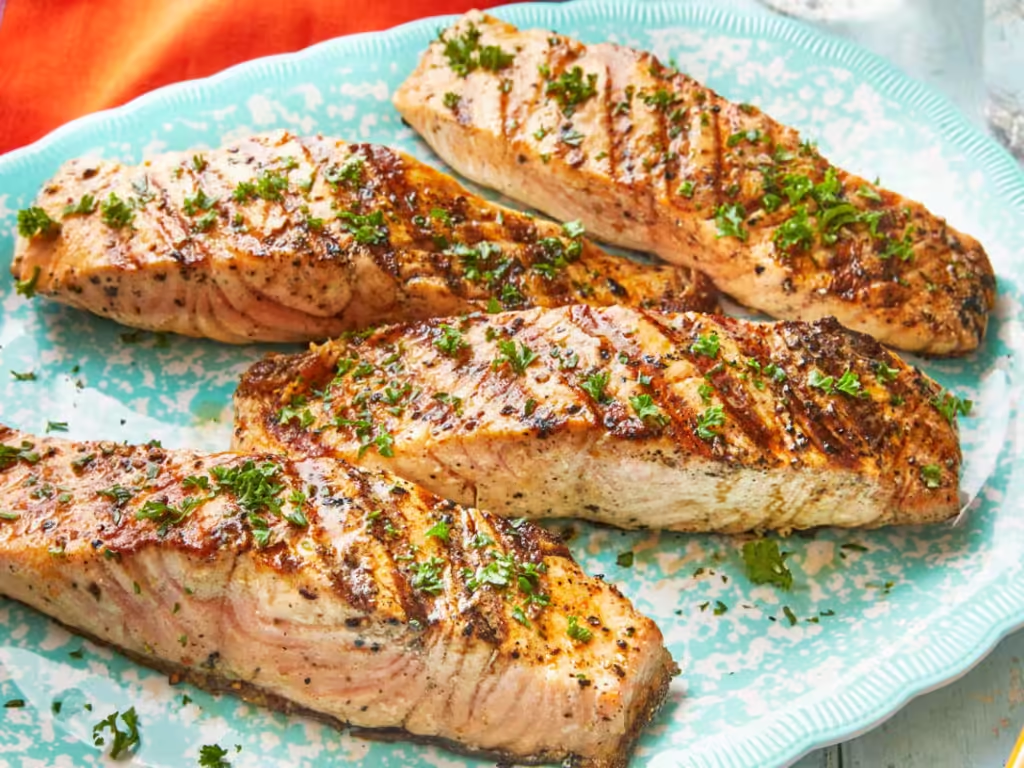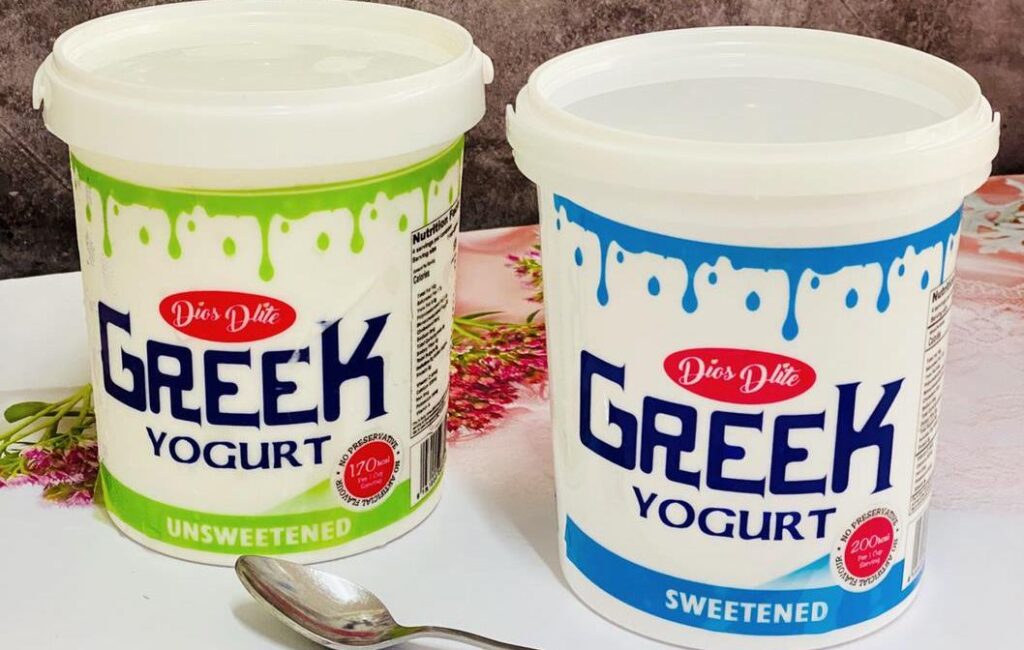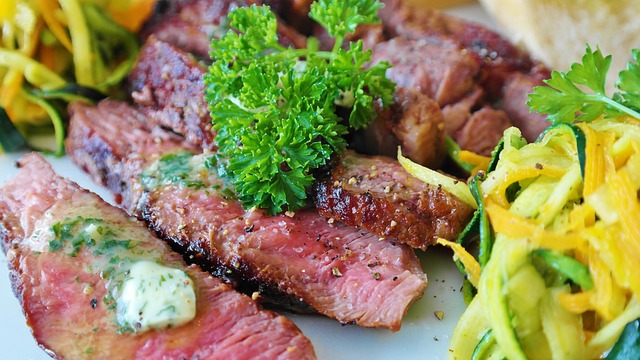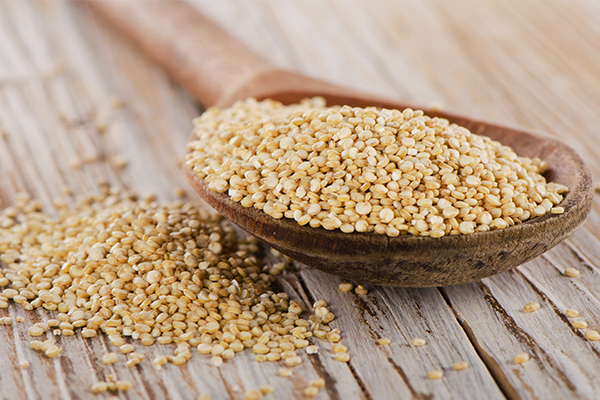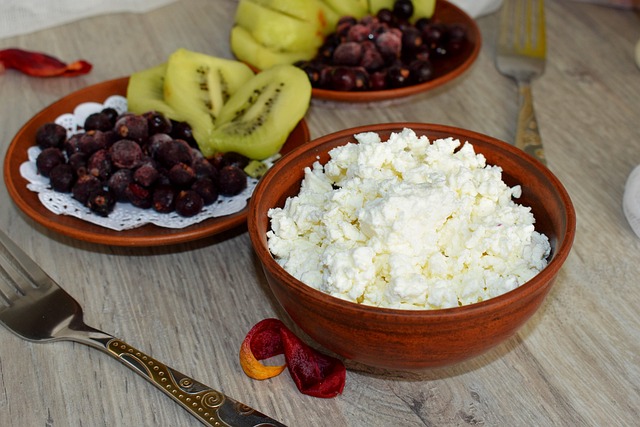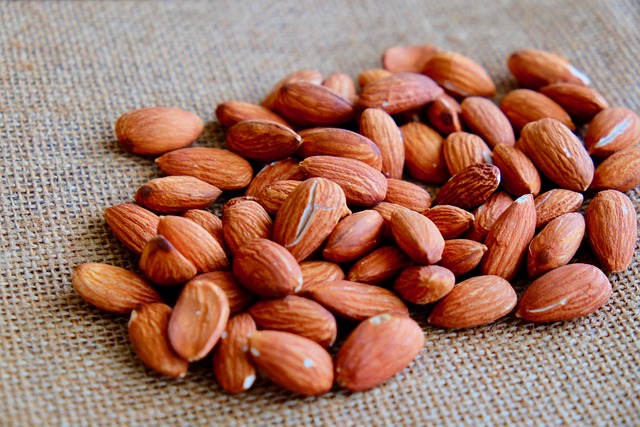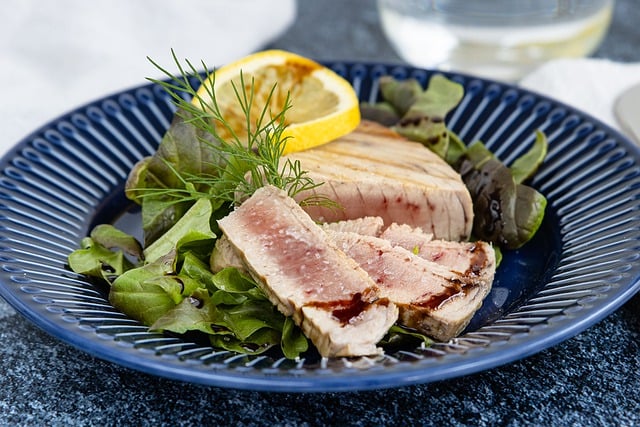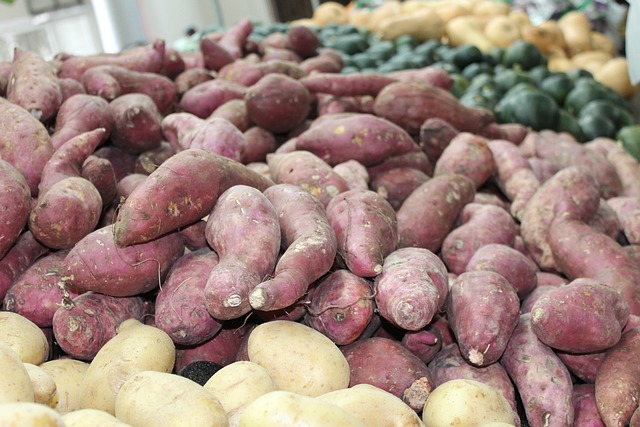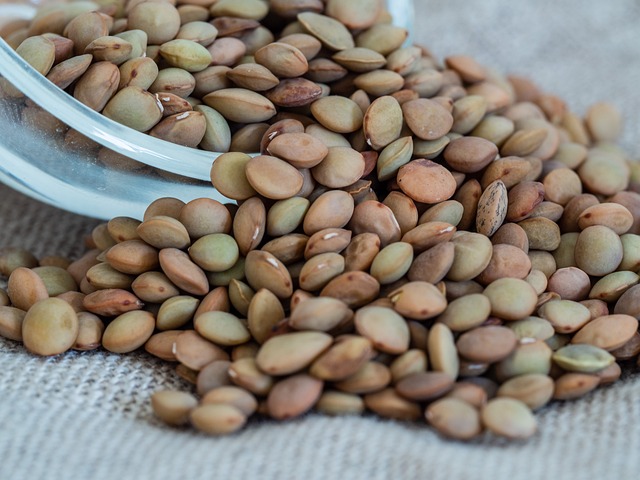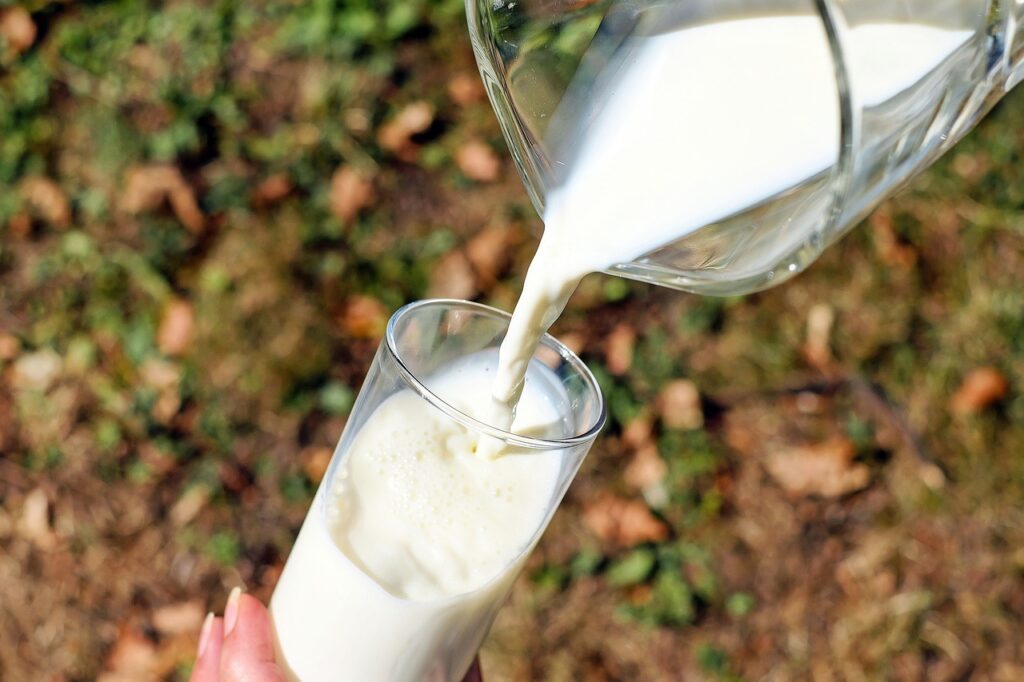Defination:
12 Best Nutrients for Muscles Growth with high protein are beneficial in strength training and a nutritious, well-balanced diet are both necessary for muscle growth. Although protein is the most well-known macronutrient for building muscle, vitamins, minerals, and good fats are also essential for building and repairing muscle. These are the top 12 foods high in nutrients that promote muscle growth.
A variety of foods high in protein, good fats, and vital vitamins and minerals is necessary for the best possible muscle growth. By including these 12 nutrient-dense foods in your diet, you can increase muscle growth, speed up recovery, and improve your general health. For optimal effects, combine these with frequent strength training. In this article you learn about the 12 Best Nutrients for Muscles Growth:
1. Chicken Breast
Because of its high protein content, which provides essential amino acids needed for muscle development and repair, chicken breast is a great food for building muscle. It is perfect for building lean muscle without consuming too many calories because it is low in fat and carbs. Furthermore, chicken breast is high in B vitamins, especially niacin and B6, which support muscle function and aid in the conversion of food into energy. Adding chicken breast to your diet by baking, grilling, or stir-frying it with whole grains and vegetables can improve your general fitness and muscle growth.
Nutritional Advantages:
- Rich in lean protein
- High in niacin and B vitamins (B6) for energy metabolism.
- Low in carbohydrates and fat.
How to Apply:
- For a full meal, serve chicken breast stir-fried, baked, or grilled with whole grains and vegetables.
2. Eggs
Eggs are a nutritional powerhouse for building muscle because they contain high-quality protein that contains all of the essential amino acids needed for muscle growth and repair. Leucine, an essential amino acid that promotes the synthesis of muscle protein, is abundant in them. Eggs also contain vitamins D, B6, and B12, as well as healthy fats that promote muscle growth and energy production. Because of their adaptability, they can be eaten boiled, scrambled, or in an omelet, which makes them a quick and efficient way to gain muscle.
Nutritional Advantages:
- Superior source of protein.
- Includes leucine, a necessary amino acid for the synthesis of muscle.
- Packed with vitamins D, B6, and B12 and good fats.
How to Apply:
- For a nutrient-dense breakfast, try scrambling, boiling, or putting eggs in an omelet with vegetables.
3. Salmon
Because of its high protein content and abundance of omega-3 fatty acids (EPA and DHA), which lower inflammation and improve muscle recovery, salmon is a great food for building muscle. Additionally, it offers vital vitamins like B12 and D, which promote bone health and energy production. Salmon’s protein and healthy fat content support both muscle repair and general performance. Eating salmon that has been baked, grilled, or smoked can maximize muscle growth and recovery.
Nutritional Advantages:
- Rich in omega-3 fatty acids (EPA and DHA) and protein.
- Promotes muscle recovery and lowers inflammation.
- Supplies vital vitamins, such as D and B12.
How to Apply:
- Salmon can be baked or grilled with lemon and herbs, or it can be added to salads for a healthy meal.
4. Greek yogurt
Greek yogurt’s high protein content—specifically, a blend of slow-digesting casein and fast-digesting whey makes it an excellent food for building muscle over time. Probiotics, which help with digestion and nutrient absorption, and calcium, which fortifies bones, are also abundant in it. Greek yogurt also contains vital B vitamins for energy metabolism. Savor it as a snack, combined with nuts and fruits, or as the foundation for smoothies to improve general health and muscle recovery.
Nutritional Advantages:
- A great source of protein, particularly whey and casein.
- Probiotics help to maintain gut health.
- Rich in calcium for healthy bones.
How to Apply:
- For a snack that will help you build muscle, combine Greek yogurt with berries, honey, and nuts.
5. Lean beef
Powerful for muscle growth, lean beef offers premium protein that is full of vital amino acids needed for both muscle growth and repair. Additionally, it contains a lot of creatine, which improves muscle energy production and workout performance. Important micronutrients like iron and zinc, which promote oxygen transport and muscle function, are also present in lean beef. It is a great option for building lean muscle because of its low fat content. For the best muscle support, include lean beef in your diet by grilling, stir-frying, or incorporating it into salads and whole-grain dishes.
Nutritional Advantages:
- Packed with essential amino acids and high-quality protein.
- Contains creatine, which enhances muscle energy production.
- Packed with iron and zinc for muscle function.
How to Apply:
- For a filling meal with whole grains, cook lean beef on the grill, in stews, or in stir-fries.
6. Quinoa
Quinoa ais a complete protein that contains all nine essential amino acids required for muscle development and repair, making it a great plant-based food for muscle growth. Additionally, it contains a lot of complex carbohydrates, which give you long-lasting energy for training and recuperation. Quinoa also contains iron, magnesium, and fiber, all of which promote oxygen transport and muscle function. Because of its adaptability, it can be added to salads, grain bowls, or as a side dish, making it a healthy and useful component of a diet that promotes muscle growth.
Nutritional Advantages:
- A comprehensive source of plant-based protein.
- Rich in complex carbohydrates and fiber for long-lasting energy.
- Contains magnesium, which facilitates the contraction of muscles.
How to Apply:
- Quinoa can be used in place of rice or as a foundation for salads and grain bowls.
7. Cottage Cheese
Because of its high protein content, especially casein, a slow-digesting protein, cottage cheese is a great food for building muscle. This makes it perfect for muscle growth and repair because it helps release amino acids to muscles gradually over a long period of time, especially when taken right before bed. It also supports general health because it is high in calcium and low in fat. Cottage cheese is a fantastic addition to a diet that aims to build muscle because of its combination of protein and vital nutrients.
Nutritional Advantages:
- Casein protein is high for a slow digestion.
- Rich in calcium for bone and muscle health.
- Provides vitamin B12 for red blood cell production.
How to Use:
- Pair cottage cheese with fruit or use it as a topping for whole-grain toast.
8. Almonds
Healthy fats, protein, fiber, and vital vitamins and minerals like calcium, magnesium, and vitamin E can all be found in abundance in almonds. These nutrients promote general health as well as muscle growth and recovery. Almonds contain healthy fats that can support hormone production, including hormones essential for muscle growth, and help sustain energy levels. Additionally, they are high in antioxidants, which helps to lessen inflammation following vigorous exercise. Almonds can help with general health and muscle growth when included in a balanced diet.
Nutritional Advantages:
- High in healthy fats and protein.
- High in vitamin E, which aids in the healing of muscles.
- Gives muscles the magnesium they need to function.
How to Apply:
- For an energy boost, eat almonds raw or incorporate them into salads and smoothies.
9. Tuna
Packed with essential omega-3 fatty acids and high-quality protein, tuna is an extremely nutrient-dense food for building muscle. Tuna is a great option for post-workout recovery because its protein content aids in muscle growth and repair. Furthermore, tuna is low in fat and high in vital vitamins and minerals, such as selenium and vitamin D, which promote both muscle and general health. Tuna is a fantastic choice for people who are concerned with their health and fitness because its omega-3 fatty acids can also lower inflammation and support heart health.
Nutritional Advantages:
- Rich in omega-3 fatty acids and lean protein.
- Supplies the B vitamins needed to produce energy.
- It is perfect for building lean muscle because it is low in calories.
How to Apply:
- For a high-protein meal, combine canned tuna with avocado or use it in salads and sandwiches.
10. Sweet potatoes
A consistent source of energy for exercise and muscle growth, sweet potatoes are a great source of complex carbohydrates. Their high fiber content facilitates digestion and helps keep blood sugar levels steady. Sweet potatoes, which are rich in vitamins A and C, also boost immunity and general well-being. The high potassium content promotes muscle function during physical activity and helps avoid muscle cramps. Sweet potatoes are a nutrient-dense carbohydrate that is perfect for promoting muscle growth and repair.
Nutritional Advantages:
- Great supply of complex carbohydrates for long-lasting energy.
- High in fiber to aid in digestion and the absorption of nutrients.
- Rich in antioxidants and vitamin A for muscle repair.
How to Apply:
- Serve sweet potatoes with lean protein after roasting, mashing, or baking them.
11. Lentils
For vegetarians and vegans in particular, lentils are an excellent plant-based protein source that is perfect for building muscle. They are abundant in essential amino acids, which are vital for the growth and repair of muscles. Additionally, lentils contain a lot of fiber, which aids in digestion and keeps energy levels constant throughout the day. They also supply vital nutrients that support general muscle function and recovery, such as iron, folate, and magnesium. They are an excellent complement to a diet that focuses on building muscle because of their complex carbohydrates, which provide long-lasting energy.
Nutritional Advantages:
- Rich in fiber and plant-based protein.
- High in folate and iron for the production of red blood cells.
- Includes long-lasting energy-producing slow-digesting carbohydrates.
How to Apply:
- For an added protein boost, try adding lentils to stews, soups, or lentil-based burgers.
12. Milk
Milk’s high-quality protein content, especially that of whey and casein, makes it an extremely effective food for building muscle. While casein is slow-digesting and offers a consistent supply of amino acids for longer periods of time, whey protein is fast-digesting and promotes rapid muscle repair following workouts. Vitamin D, which promotes muscle function, and calcium, which is vital for bone health, are also found in milk. Furthermore, after exercise, its carbohydrate content restores glycogen stores. Milk is a great choice for improving muscle growth and recovery because of these combined advantages.
Nutritional Advantages:
- Whey and casein protein combination.
- Rich in calcium and vitamin D for healthy bones and muscles.
- Aids in the recovery of muscles after exercise.
How to Apply:
- After working out, have a glass of milk or use it as the foundation for protein shakes.
FAQs
Q-1. Which nutrition is best for muscle gain?
Ans. The best diet for building muscle consists of complex carbohydrates (sweet potatoes, whole grains) for energy, healthy fats (nuts, avocados) for hormone regulation, and high-quality protein (chicken, fish, eggs, and legumes) for muscle repair. Sufficient intake of calories, vitamins, and minerals also promotes muscle growth, recuperation, and general development.
Q-2. What makes muscles grow faster?
Ans. Progressive resistance training, healthy eating (high protein, sufficient calories), rest, and recuperation all help muscles grow more quickly. Getting enough sleep and controlling stress are also important for building and repairing muscles.
Q-3. Which nutrient is essential for muscle growth?
Ans. Because it provides the amino acids needed for muscle tissue repair and growth, protein is essential for muscle growth. After working out, consuming enough protein aids in promoting muscle protein synthesis, which aids in growth and recovery. Energy, recuperation, and general muscle function are also supported by other nutrients, such as healthy fats and carbohydrates.
Q-4. What vitamins and minerals are important for muscle growth?
Ans. Muscle growth requires certain vitamins and minerals, such as zinc (which supports protein synthesis), calcium (which promotes bone health), magnesium (which aids in muscle contraction and recovery), and vitamin D (which supports muscle function). These nutrients help optimize muscle growth and are essential for muscle function, recuperation, and general health.
Q-5. How much fat should I consume for muscle gain?
Ans. Healthy fats should make up 20–30% of your daily caloric intake if you want to gain muscle. The production of hormones, such as testosterone, which is essential for muscle growth, is supported by these fats. To guarantee a balanced intake of vital fats, concentrate on foods like avocados, nuts, seeds, and olive oil.

